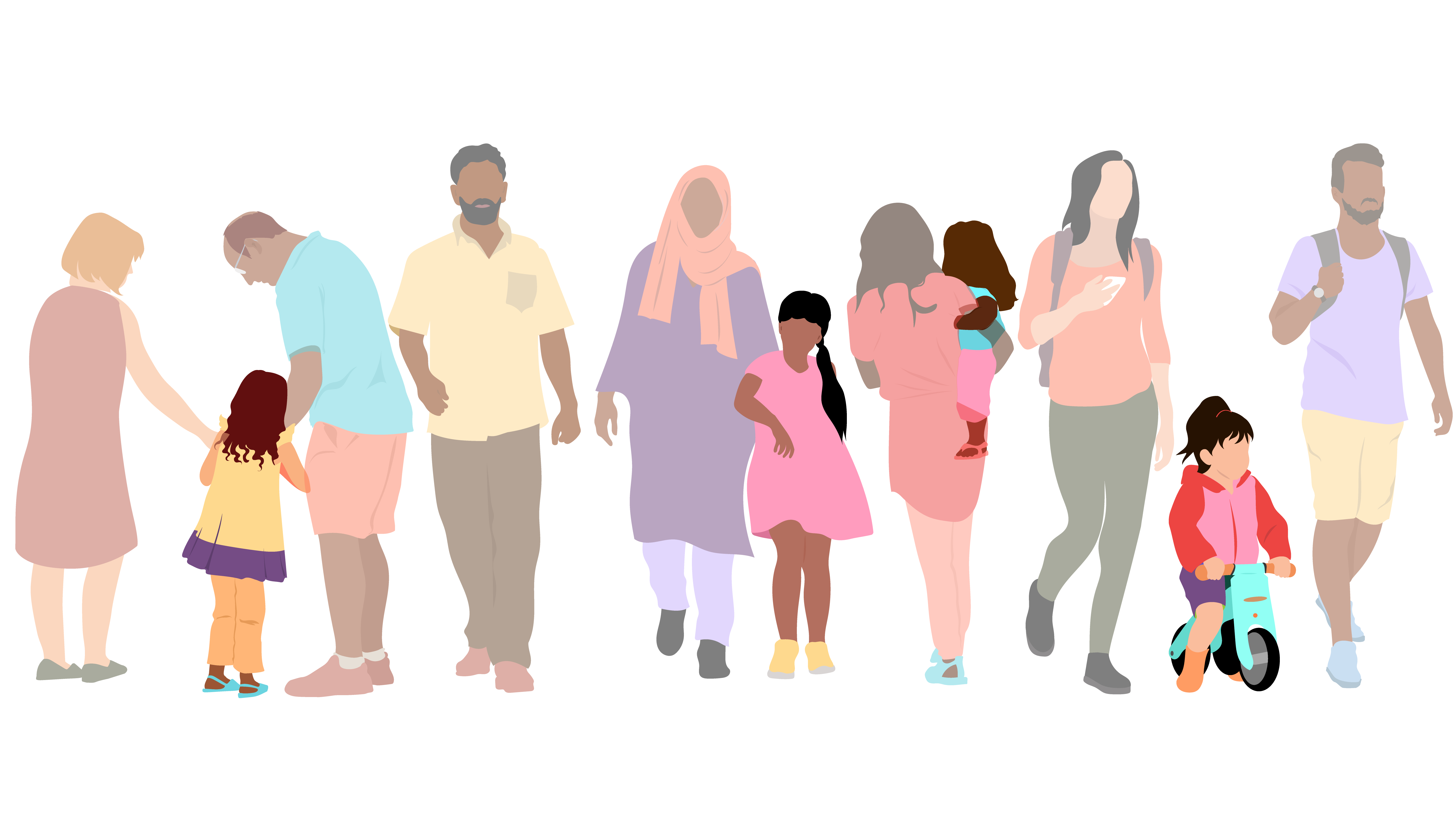Allegheny County sought to update a 2008 analysis examining the demographics and needs of children who have had a parent incarcerated at the Allegheny County Jail. There are other children and youth in the county who have parents incarcerated in state and federal prisons that this report does not address.
What is this report about?
This data brief presents information on the service involvement, holding status, and child welfare outcomes for incarcerated parents and their children from January 2018 through December 2021. It is an update of a previous 2008 report that examined the needs of children with incarcerated parents to help identify ways to best support them.
What are the takeaways?
- Out of 26,641 people booked in Allegheny County from 2018 through 2021, 51% (13,529) had children 18 or under at the time of booking, totaling 25,335 minor children
- 58% (7,868) of parents who were incarcerated were Black, compared to 13% of the county adult population. This means that Black children and parents are disproportionately affected by incarcerations.
- Most parents (65%, 8,794) are in jail for less than 30 days and only 4% of the parents were sentenced to the jail during this period. Most of the parents booked are held pretrial (46%, 6,207) or on a local probation detainer (23%, 3,127).
- There are county programs to keep children connected with parents who have longer jail stays. This includes the Allegheny County Family Support Program which provides parenting classes, visitations, phone calls and facilitates support networks for families during and post the incarceration.
- In addition to targeted programs, 10,335 of the children of incarcerated parents (41%) were involved in DHS services within a year after parental incarceration
- Early childhood services (such as Head Start and home visiting programs) and behavioral health services (such as mental health counseling) were the most common services used by children of incarcerated parents
- 1,894 children had a home removal or new placement within a year before or after the parental incarceration. Of these, 54% (1,022) were placed with kin.
- 39% (9,760) of children had a mom who was incarcerated. Of these, 8% (776) had a home removal. The largest group of children (194) were removed in the 6 months before the maternal incarceration.
- Examining trends in the 30 days pre- and post- incarceration, there is an increase in home removals in the 5 days before an incarceration. 33% (49) of home removals of children that occurred within a month of a mother’s incarceration occurred in the 5 days prior.
How is this report being used?
The county supports children of incarcerated parents in many ways, both targeted and more broadly. Targeted programs include the Allegheny County Family Support Program (operated by Pittsburgh Mercy) which provides parenting classes and supervised visits for incarcerated parents and their children, and Amachi Pittsburgh whose mentorship program supports youth with incarcerated parents. These children also access many other services, which may meet their needs. The county is using the information in this report to help strengthen and expand targeted services for this population and to improve access to broader services where gaps exist.

